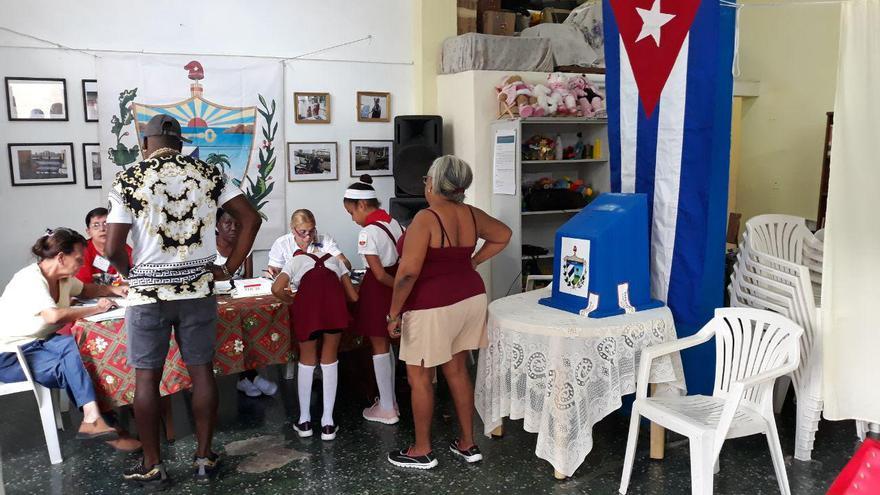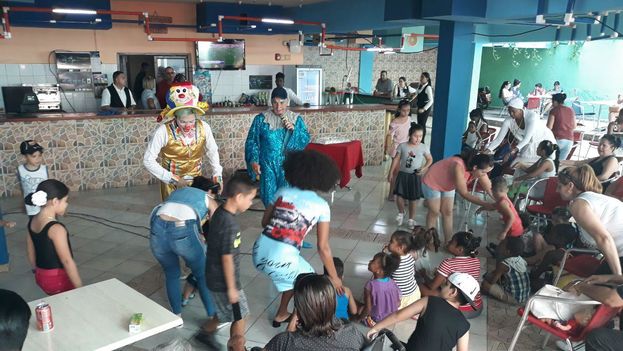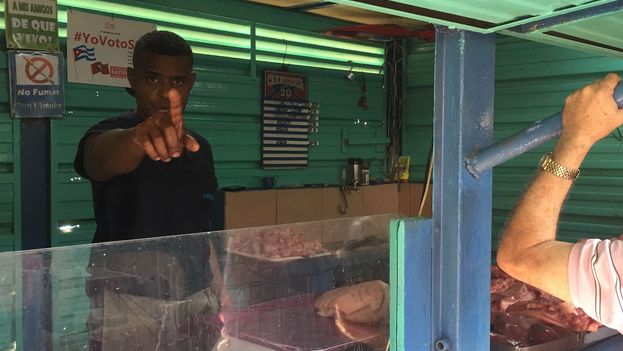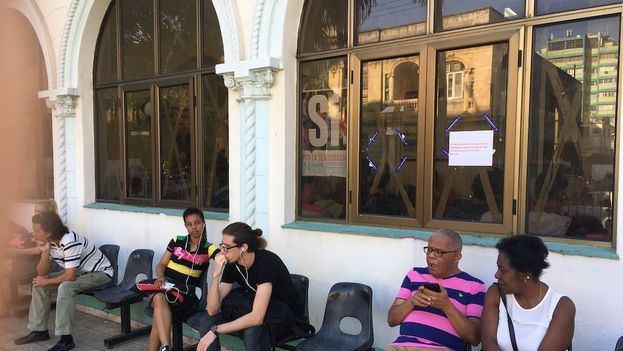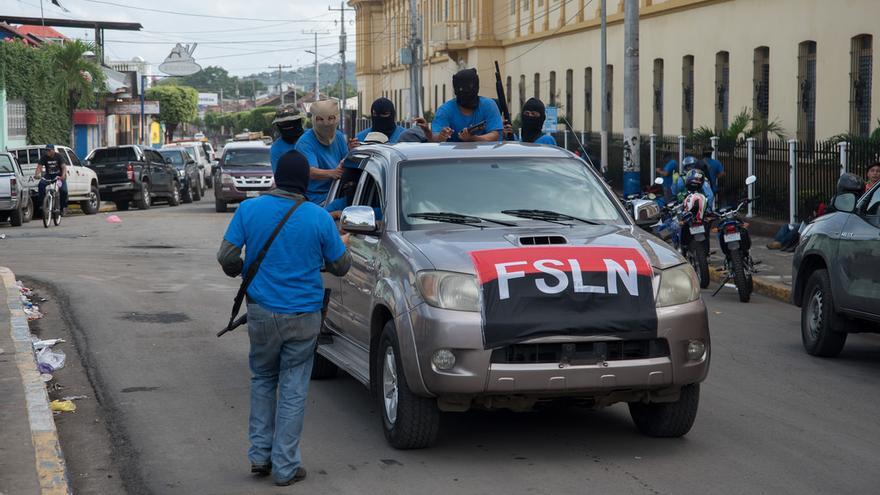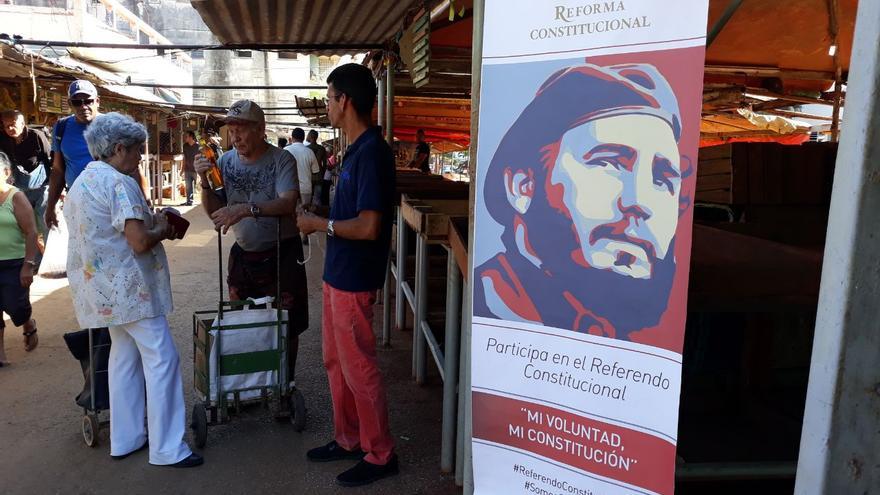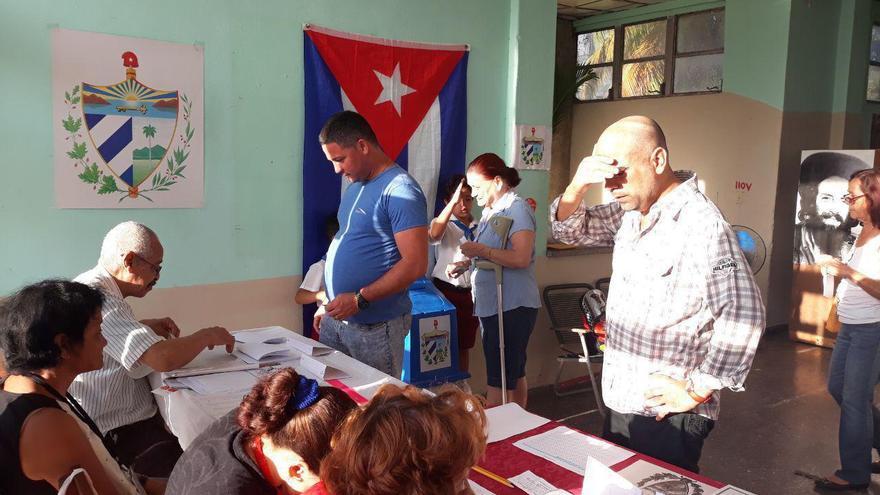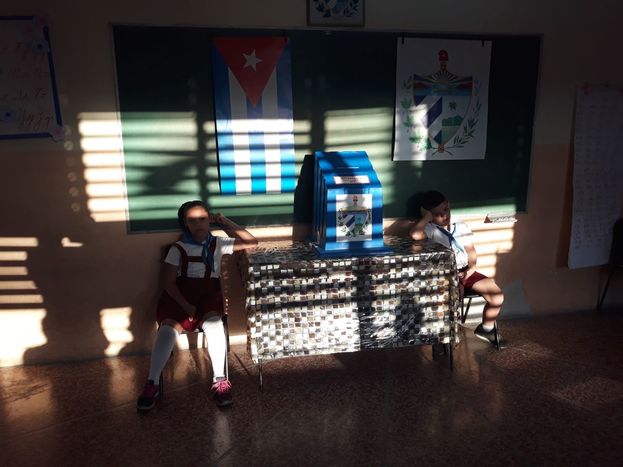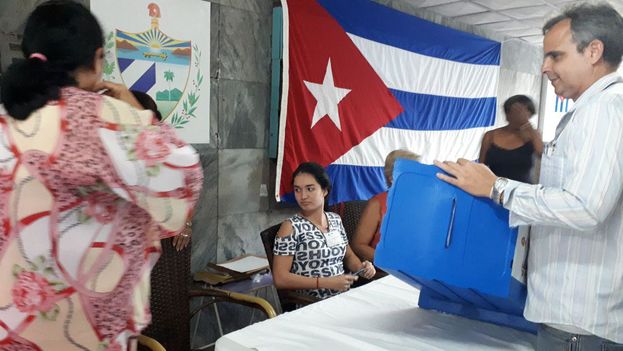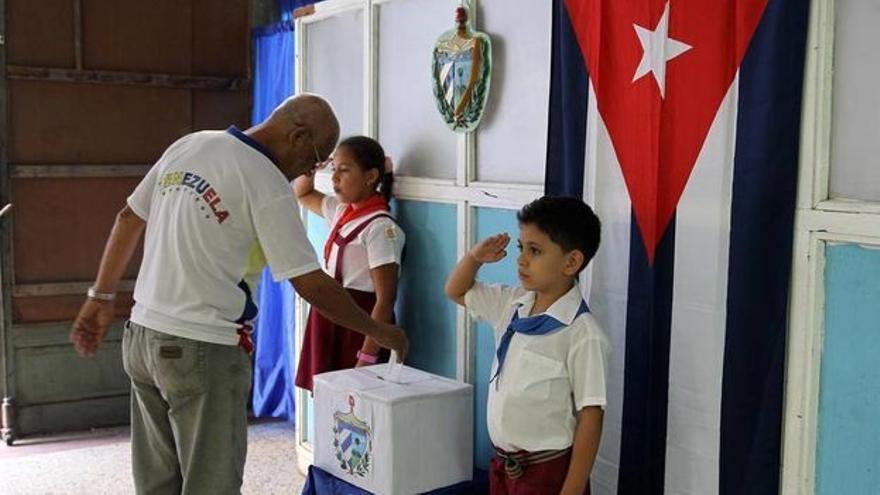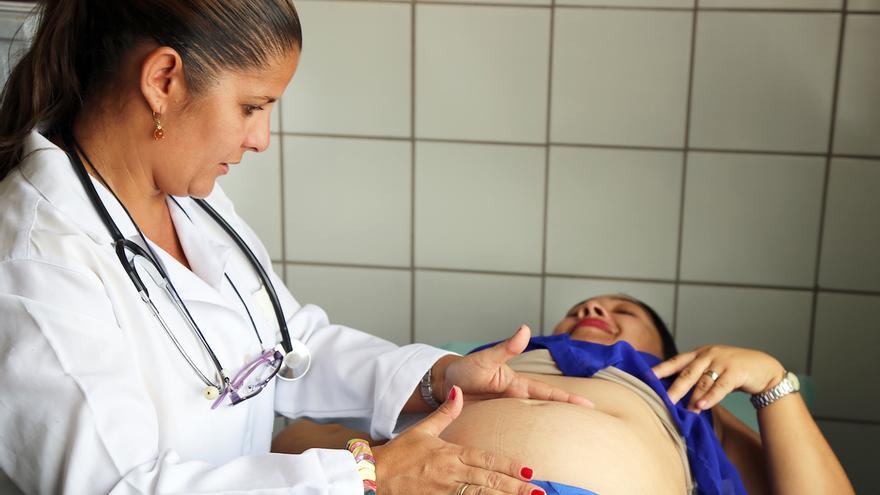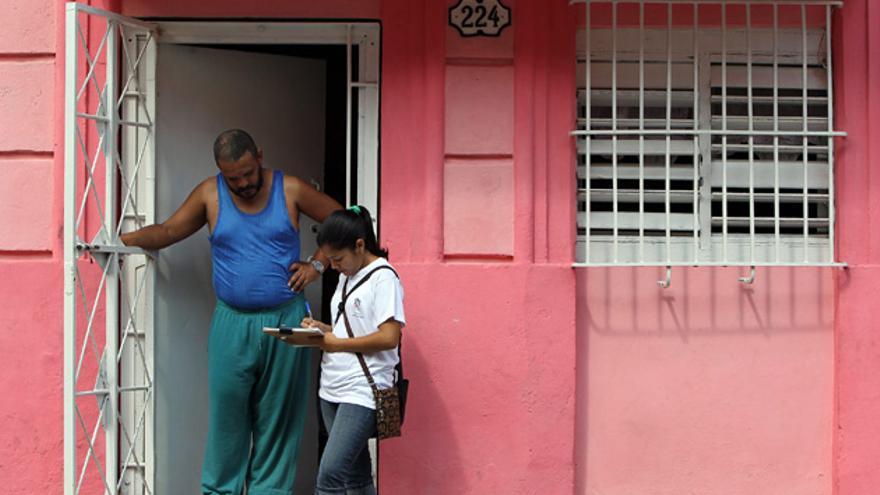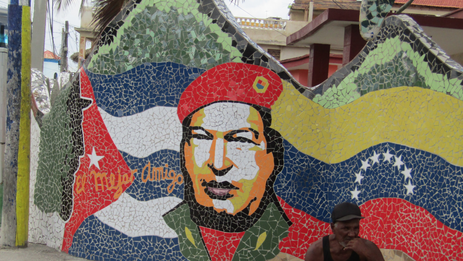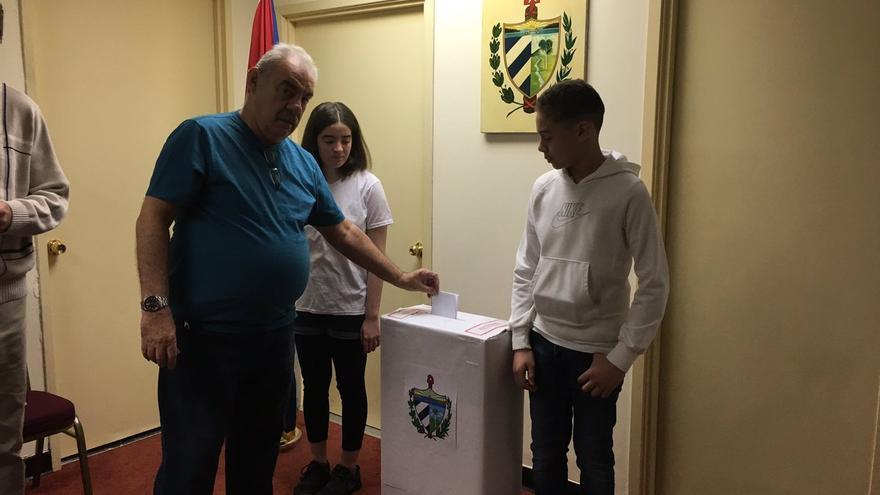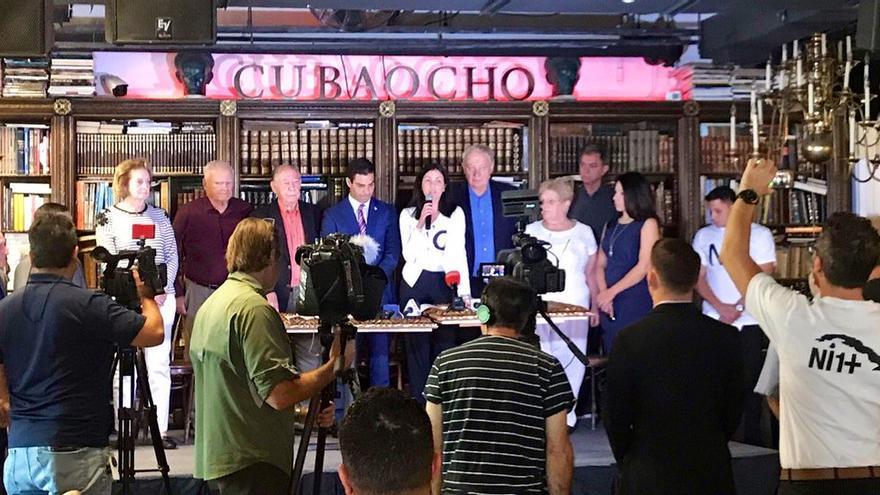
![]() EFE, via 14ymedio, Miami, February 25, 2019 — Opposition and Cuban exile organizations called on the international community today to declare the process of constitutional reform in Cuba invalid and to ignore the official results of the “fraudulent” referendum of Sunday.
EFE, via 14ymedio, Miami, February 25, 2019 — Opposition and Cuban exile organizations called on the international community today to declare the process of constitutional reform in Cuba invalid and to ignore the official results of the “fraudulent” referendum of Sunday.
Rosa María Payá, the leader of the Cuba Decides movement, told EFE that the process has been “flawed since the beginning,” and she denounced the increase in repression and intimidation of civil society during the voting held this Sunday on the island.
She said that at least “nine people are missing and a hundred detained,” and dozens of opponents were beaten during a day that also lacked “national and international observation.” continue reading
The activist considers the process in which more than 7,000,000 Cubans went to the polls this Sunday to decide on a new constitution “illegitimate” and said that it doesn’t modify the Communist political system.
Cuba Decides and other exile groups in Miami, among them the Movimiento Democracia, denounced the constitutional referendum as an “imposition” of the ex-President and leader of the governing Communist Party of Cuba (the only legal party), Raúl Castro.
In this sense, they urge the international community, including the democratic governments of the region and the European Union to follow the Organization of American States (OAS) in disavowing “whatever result” the constitutional process produces.
The Secretary-General of the OAS, Luis Almagro, said today that it “does not recognize the acts and institutions” created by the new constitution in Cuba.
Opponents and exiles say that the referendum originates from a commission formed by the Communist Party and members of the National Assembly, “none of whom were chosen in free, just and plural elections.”
During a news conference, attended by Miami Mayor, Francis Suárez, the Cuban exile groups complained that the “constitutional text is designed to guarantee the perpetuity in power” of the Cuban Communist Party.
Payá also stated that the “constitutional text directly violates the most basic rules of democracy” and threatens with the “use of arms” Cubans who “want to change the system it defines.”
The activist said that on the island there is also a sense of nervousness over the crisis of political legitimacy in Venezuela facing president Nicolas Maduros and that it contributed to the repression this Sunday.
The day was marked by “the lack of transparency and verbal and physical violence against members of civil society and the opposition by repressive forces and, in many cases, the electoral authorities,” said Cuba Decides.
In addition, Payá condemned the raids on homes, the absence of conditions for a secret vote and propaganda in favor of the official option in polling places, among other irregularities.
According to official Cuban data, of the more than 8 million voters registered, more than 7.5 million (81.5%) had already voted one hour before the polls closed on Sunday.
Translated by Regina Anavy
__________________________________
The 14ymedio team is committed to serious journalism that reflects the reality of deep Cuba. Thank you for joining us on this long road. We invite you to continue supporting us, but this time by becoming a member of 14ymedio. Together we can continue to transform journalism in Cuba.

